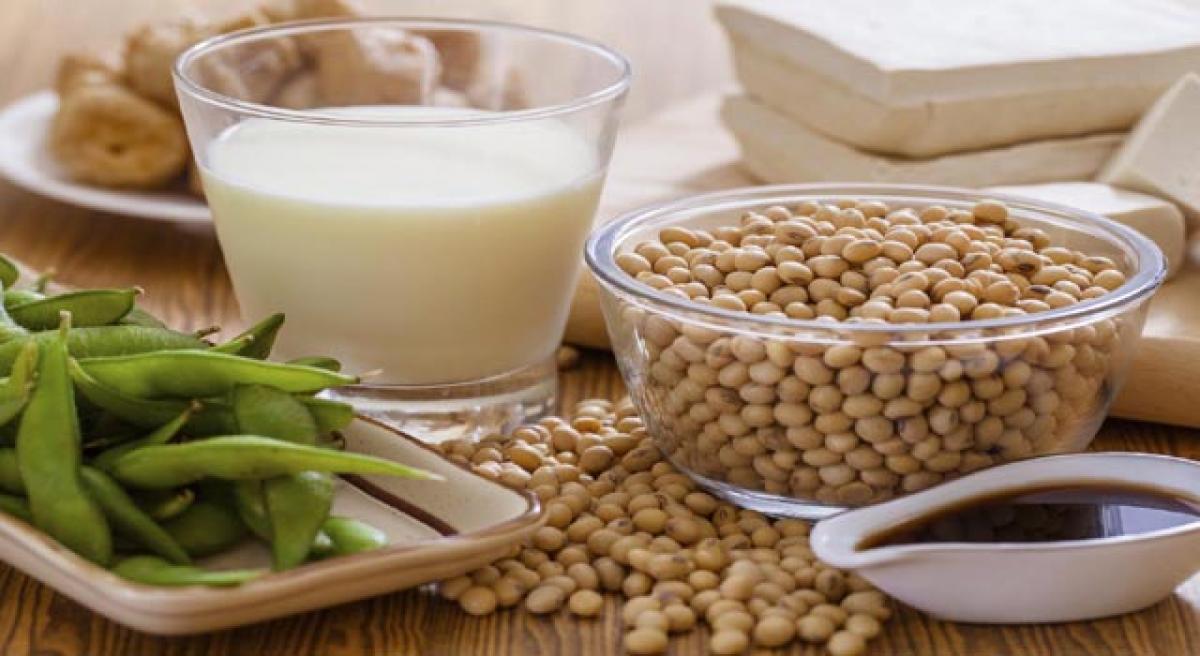Live
- ‘Vaaradhi’ set for Dec 27 release, pre-release event held
- ‘Daaku Maharaaj’ team expresses confidence on film; set for Jan 12 release
- ‘It’s Okay Guru’ drops soulful song with actor Siddharth vocals
- Kichcha Sudeep’s ‘Max’ trailer looks powerful
- Bengal school job case: Court rejects accused's plea to return to US by Jan 2
- ‘Drinker Sai’ appeals to both younger and family audiences: Producer Basavaraju Laharidhar
- Kerala BJP’s ‘love’ towards Christians is fake: Ex party leader
- Google Gemini Now Features PDF Screen Awareness in the Files App
- Anupama graces Vogue India’s January-February cover
- Captivating poster from ‘Shambhala’ unveiled









